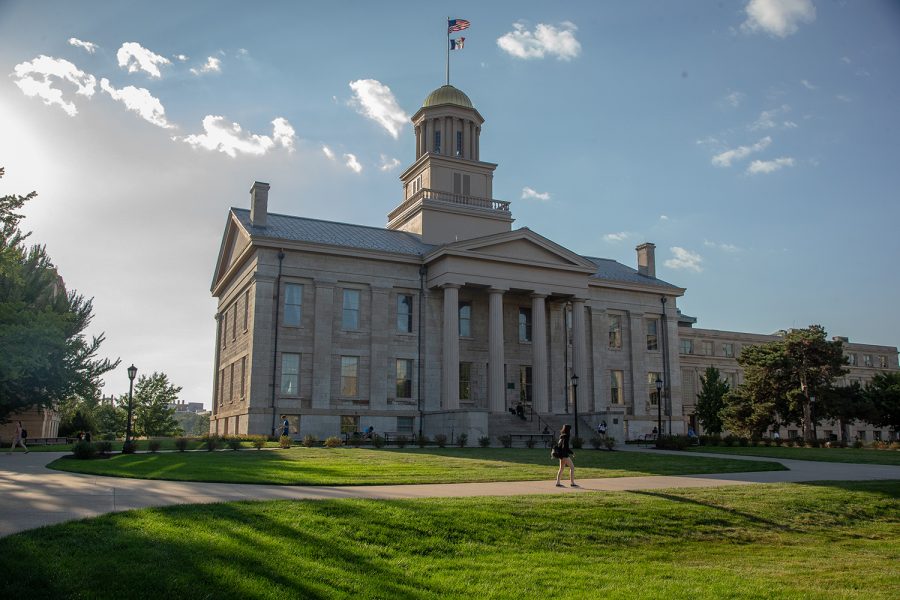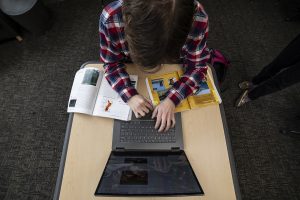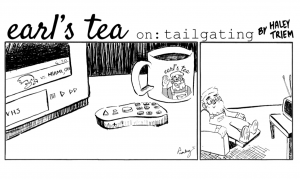Opinion: Political polarization is daunting, but not impossible to overcome
Groups such as Better Angels aim to bridge the partisan divide and promote understanding across America’s diversity of viewpoints.
The Old Capitol building is seen in 2018.
September 3, 2019
At a time where polarized political parties are the norm, it can be difficult to imagine public discourse any other way. But this wasn’t always the case, and it doesn’t have to remain this way. In fact, we may already be on our way to a more civil and sympathetic political landscape.
For my fellow students who want to get involved, the University of Iowa is getting a Better Angels organization implemented on campus this semester. Better Angels is a nonprofit organization with the mission of “uniting red and blue Americans in working together to depolarize America.” I was drawn to this organization as the mission is not to change political views, but instead to focus on intentional listening to promote understanding among fellow citizens.
Political polarization isn’t just a perception problem, but a measurable phenomenon. Pew Research Center has studied the widening political divide, examining how Democrats and Republicans view each other as well as analyzing the stark contrast in their priorities for the country.
Christopher Peters is the state coordinator of Better Angels, and his story is a prime example of how listening to one another can creative positivity in the political community. After being a member of the Republican Party and a 2nd Congressional District candidate, Peters got involved in Better Angels. He said he feels politics needs more voices all around as we cannot function with one another to create change if we cannot even listen to one another.
For example, even though Peters supports same-sex marriage, he said, political opponents portrayed him as a homophobe simply for being a Republican during his bids for Congress.
Better Angels aims to solve such problems. Members organize workshops about listening and conversation skills in order to help people understand which values individuals truly represent. Peters said he feels that intentional listening can help because too often people only focus on labels, not beliefs.
“When different parties talk out certain ideas, they will soon realize through the conversation that they have similar viewpoints on even the most extreme issues,” he said.
Peters said the most positive part of this organization is that its members will be able to govern themselves more effectively with such strategies.
Perhaps the biggest challenge to this political project is getting people involved. In 2018, there was the highest turnout for a midterm election in more than a century. Despite all the attention politics gets in our society, around 50 percent of eligible voters cast a ballot, according to the U.S. Elections Project, which compiles data from state governments.
I asked Peters about his take on the lack of political engagement, and he emphasized the importance of college students becoming involved.
“No matter how cliché this sounds, you guys are the future. It is also important to have more and broad voices speaking up,” Peters said. “The future will not change if we do not change it.”
Will America’s political system every be fully depolarized? Probably not, but by bringing a more logical and appealing political route to the table, others will be more inclined to become politically active, which is necessary for America’s future.
Columns reflect the opinions of the authors and are not necessarily those of the Editorial Board, The Daily Iowan, or other organizations in which the author may be involved.






